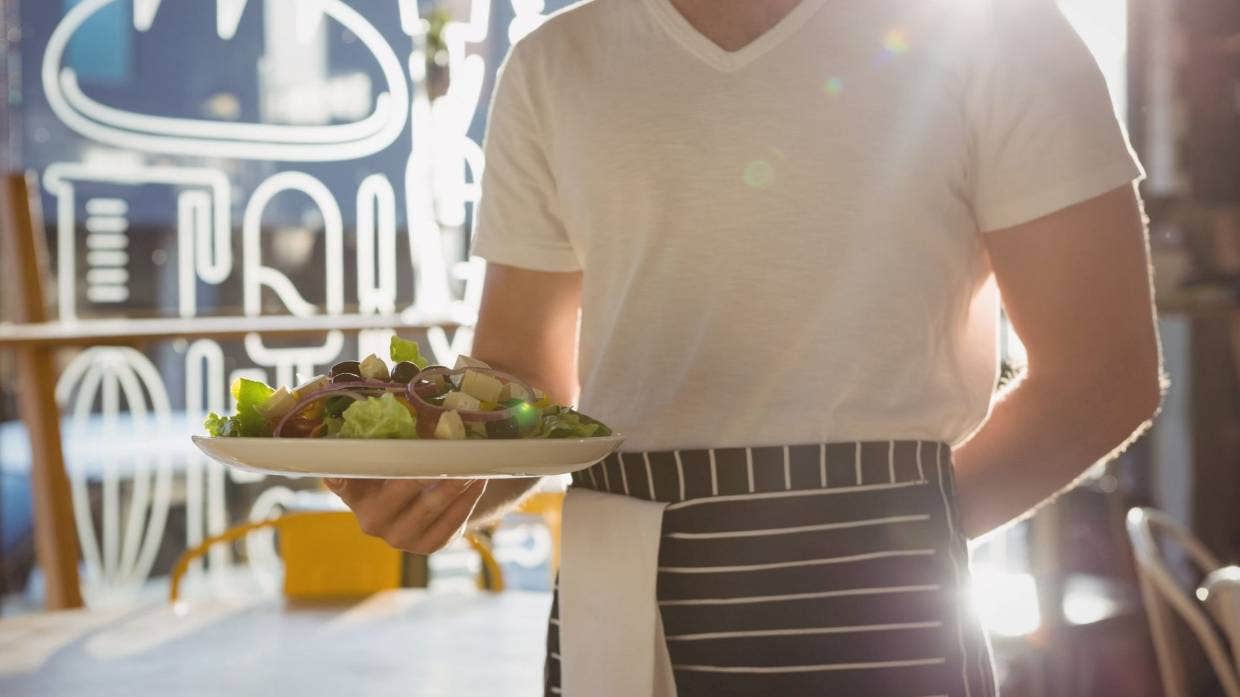The minimum wage rise on April 1 was the “last straw” for Dunedin cafe owner and academic Paula O’Kane, who has just increased prices for the first time in two years.
…Matt Roskruge (Te Atiawa, Ngāti Tama), Associate Professor at Massey University school of economics and finance, said minimum wage rises did not appear to have as big an impact on employment or poverty as other policies.
“It would be great to have a more targeted way of addressing poverty, but minimum wages are simple, it’s not ineffective, it’s an easy way for the Government to do something that’s seen as addressing poverty.”
According to MBIE, about 175,500 people were earning between the old minimum wage of $18.90 an hour and $20 an hour. That compared with the total 2.7 million people in employment.
“There aren’t too many people on minimum wage in firms, and for a lot of firms it doesn’t really increase their wages bill. A lot of companies were planning to increase their prices anyway,” Roskruge said.
Society had some tolerance for higher prices if it was supporting people in poverty, he said.
“Business owners seem to assume people are terrified of higher prices, it may be that sometimes people are willing to accept higher prices if it creates a social good.
The minimum wage appeared to help force companies to be more innovative and productive, using technological solutions instead of throwing cheap labour at a problem, he said.
“It should probably always have a place, but it would be nice to see New Zealand move to a level of productivity where companies are able to pay above a minimum wage towards the living wage.”

